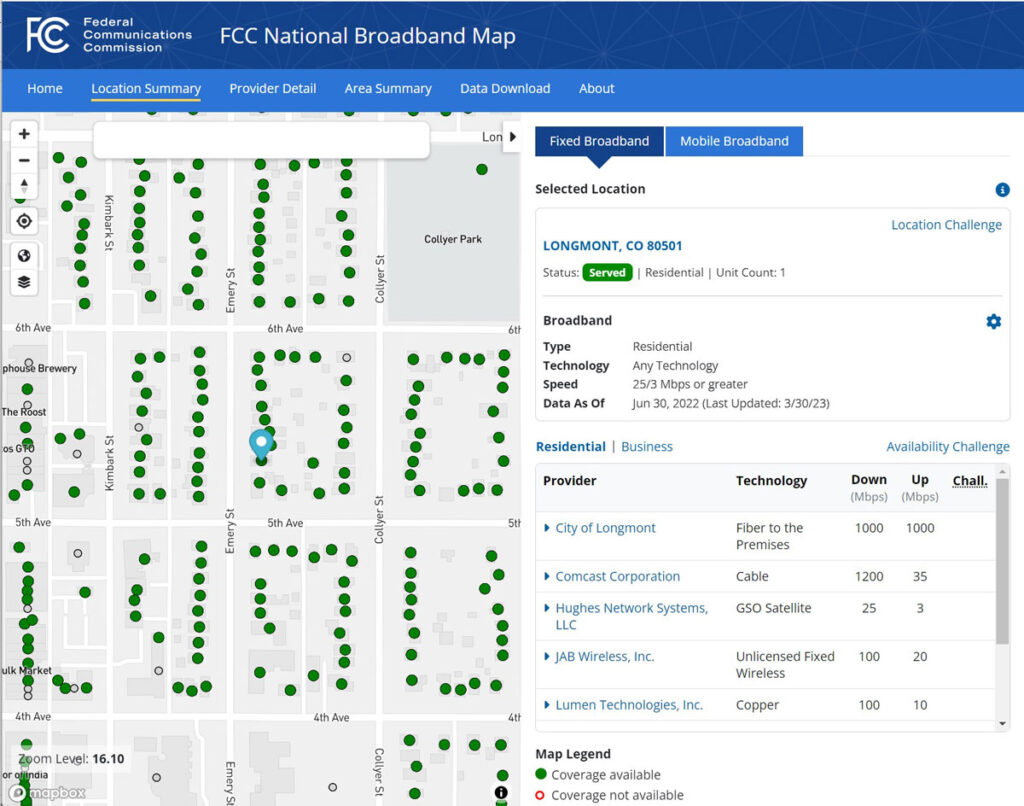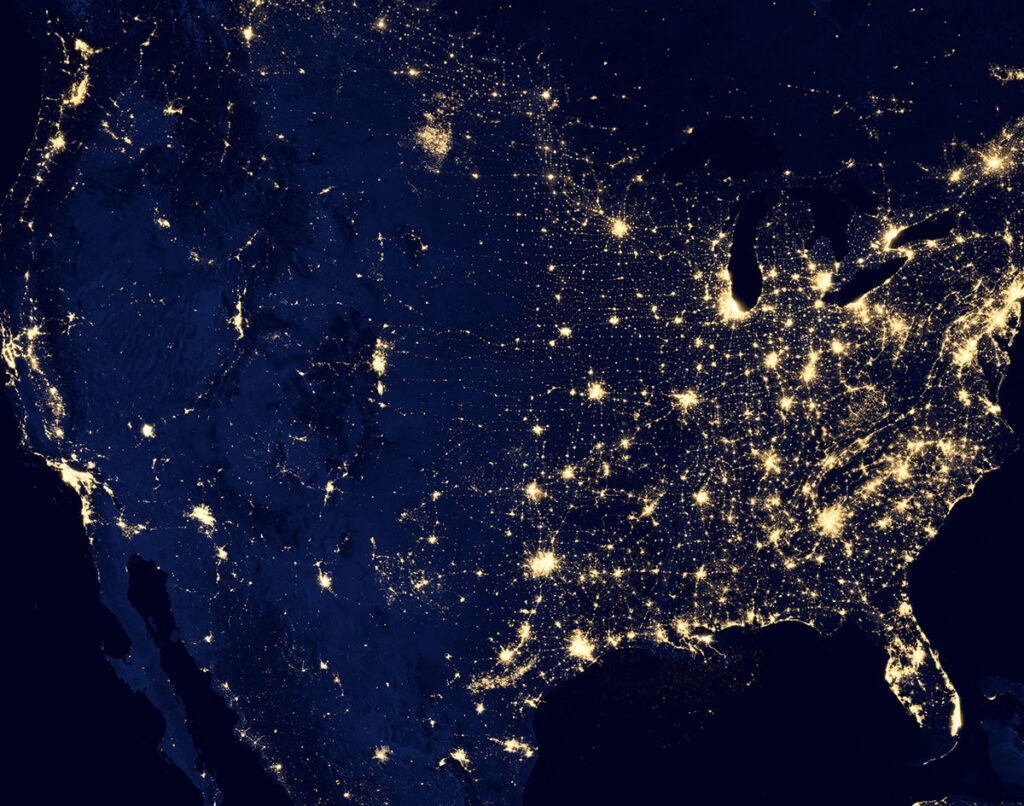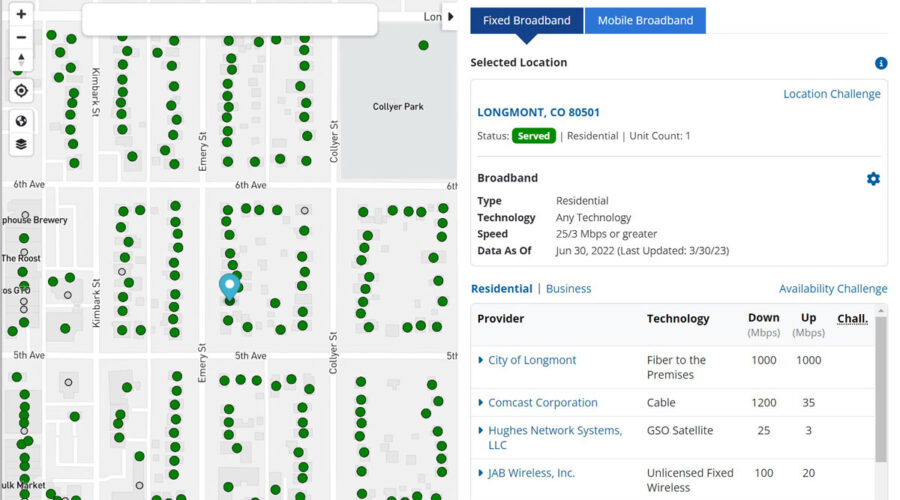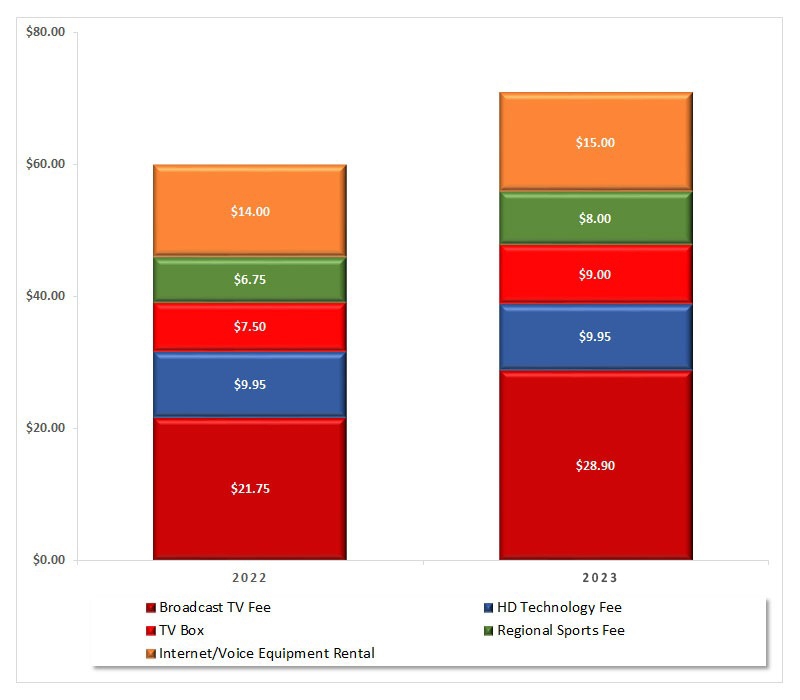Best Internet Provider in Colorado 2025
See our updated 2025 Best Internet Provider in Denver blog
Who is the best internet service provider in Colorado for 2024? It primarily depends on three factors – speed, price and where you live. Colorado’s Internet Provider competition is heating up with more internet service providers (ISPs) options. What used to be mostly two options for Internet in Colorado – Comcast cable or CenturyLink DSL. Has now grown to half a dozen or more for some Colorado areas.

Who provides internet in Colorado?
Choose from Fiber, Comcast Xfinity Cable, Satellite, CenturyLink DSL, 5G and fixed wireless are now among the many 2024 Internet Provider options in Colorado. Quantum Fiber is our top recommendation – this Internet Provider is expanding to lots more Colorado homes in 2024. T Mobile, AT&& and Verizon have inexpensive high speed 5G Wireless Home Internet in some Denver metro areas now.
Quantum Fiber, Google Fiber and others are working to expand in much of the Colorado suburban areas. While Starry LiveWire, WiFiHood, etc. have internet offerings in most urban areas. Some municipal Fiber options are NextLight (Longmont), Connexion (Fort Collins), Pulse (Loveland). Ting Fiber (Centennial & Colorado Springs) provides Fiber internet to their respective Colorado cities. Google Fiber is coming to Lakewood, Wheat Ridge, Golden and Westminster Colorado. Plus T Mobile just started offering 5G Home Internet in Northglenn and Pueblo, CO as well as wireless 5G in some suburbs too. Choices in rural areas are limited but are expanding with the support of the government broadband initiatives and projects like StarLink.
Who is the best internet service provider in my area?
The best way to check for the best ISP is by using the new Broadband Service Map for your address (see sample picture for Longmont, Colorado). Enter your address and you should see the best providers for your area including maximum download and upload speeds.
While Longmont residents have multiple options, the clear winner (and top 3 ISPs in the nation) is NextLight – the City of Longmont’s municipal fiber offering.
Within the FCC Broadband Map, if there is no internet service provider with download speeds of at least 100 MBPS available at your home, submit an “Availability Challenge”.

Congress approved a $43B initiative to bring broadband primarily to rural and underserved areas. This action will notify the FCC that your neighborhood might need development dollars to install fiber.
What internet speed do I need?

The great thing about more competition is faster speeds and better price. But be careful. It’s not all about speed. In fact, Xfinity (cable) is notorious for aggressively upselling more speed, even when more speed wasn’t requested or needed. ISPs spend millions of dollars on ads telling you why you need more speed. Why? Because they make more money every month when you buy a higher speed tier.
For our customers, the solution is getting better Wi-Fi throughout the whole-home. For example, most households do not notice the difference between 500 MBPS and 1000 MBPS (megabits per second) download speed if you have the right hardware.
With the right internal whole-home Wi-Fi network, you could cut your internet bill in half every month!
- In apartments, we often recommend speeds of 200 MBPS depending on usage for streaming, gaming and work.
- For most seniors, because there are few simultaneously internet connected devices, most only need 200 MBPS.
- For most family homes, we recommend a minimum internet speed of 200 MBPS. Homes with multiple members and more internet connected devices may need 500 or more MBPS.
Compare internet service providers
Balancing price, speed, reliability and service quality is no easy task. Consequently, many of the customers we help find themselves bouncing between providers only to find they never really saved money in the process. Additional considerations for modem/gateway rental fees and data caps should be considered.
We typically recommend (in order from best to worst) – Municipal Fiber or Telco Fiber/Quantum, followed by Cable/Xfinity. Fixed Wireless and 5G home Wireless usually fall in the middle, with DSL, Low-Orbit Satellite and Satellite being at the bottom. If cable is the best option in your area, keep checking your area for new broadband alternatives.
To help you evaluate providers, consider these pros and cons of each provider.
| ISP Type | Price Range (monthly) | Pros | Cons |
|---|---|---|---|
| 1. Municipal Fiber | $40-$70 | – Gig Speeds – Reliable – No Data Caps – Symmetrical speeds – Money goes back to City – Local Support | – Limited availability – Router rental fees |
| 2. Telco Fiber – Quantum | $45-$70 | – Less than Cable – Price for life – Gig Speeds – Reliable – No Data Caps – Symmetrical speeds | – Limited availability – It’s the telco company |
| 3. Cable – Xfinity* | $50-$100 | – Widespread availability – Proven technology – Variety of speed tiers – Gig+ available in some areas – May be packaged with a cell phone plan | – Data Caps – Deceptive sales practices – Equipment rental fees – No “Price for Life” – Asymmetrical speeds – Occasional service outages – It’s the cable company |
| 4/5. Fixed Wireless & 5G Fixed Wireless | $35-$75 | – Lower price – No rental fee – Save more money if bundled with cell phone | – Limited availability – Still in its early phase – Wireless, so reliability is dependent sight to towers – Device positioning in the home is not always optimal |
| 6. Low-orbit satellite | $120 | – Best option for rural areas – Decent speeds – Starlink is better then Hughesnet & Viasat | – Expensive – Limited availability – Still in its early phase – StarLink Wi-Fi router is bad – Need to install Dish high – Satellite will have interference drops |
| 7. Satellite | $50-$120 | – Only good for rural areas with no low-orbit satellite option | – Poor value – Contracts – Lower speeds – Data caps – Throttling – Influenced by the weather |
| 8. Telco DSL | $40-$70 | – Lower monthly rate – Price for life – Widespread availability | – Being phased out – Slow speeds – Interruptions – Not reliable – It’s the telco company |
Conclusion: Best Colorado Internet Service Provider in 2024
When selecting the best Internet Service Provider (ISP), you need to consider price, speed and reliability. Your Internet network is the backbone for all electronics devices. In the future we will only have more streaming, work, school, gaming, and smart home devices connected to the Internet. If you don’t fix the problem now, it will only get worse. Most neighborhoods now have a Fiber ISP option which is best, with Quantum Fiber even offering a $100 off promo!
We always want a quick and easy fix. Just like the Internet, WiFi and Networking aren’t easy, neither is fixing it. Faster and better Internet involves a process of elimination, and there are a lot of variables involved. If you can check off the items below in order it is a guaranteed fix to your slow Internet and WiFi. You will need to consider what options are available at your home.
- Get Fiber – See if Quantum Fiber is at your home
- Internet Speed – 500-1000 MB speed, if you can pay $70 or less per mo
- Use WiFi 6 Mesh to eliminate dead spots – based on home size & layout
- Network Wiring – hard wire to Ethernet wall jacks when you can
- Better Streaming Hardware PC, Tablet, Streaming Device, etc.)





